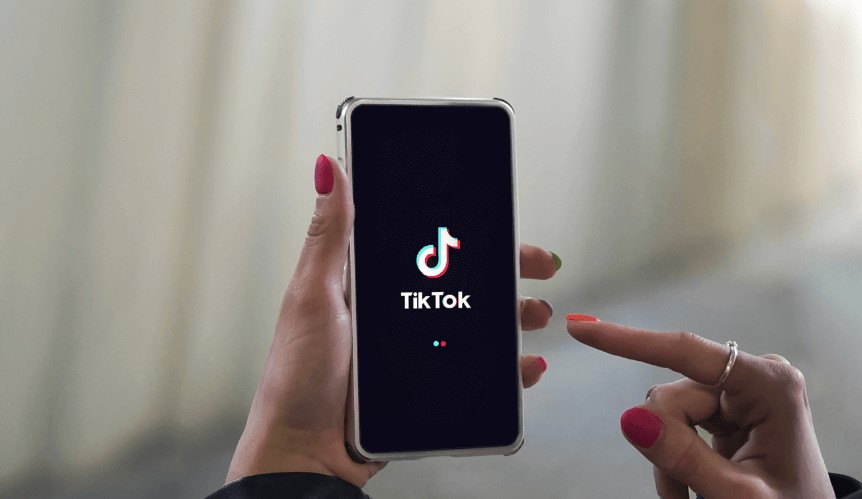Elon Musk opposes banning TikTok in the United States, even though it could help his platform, X. He believes banning TikTok goes against freedom of speech, which is a core American value.
House Republicans introduced a bill this week that would ban TikTok in the U.S. if its Chinese owner, ByteDance, doesn’t cut ties with the Chinese Communist Party (CCP).

ByteDance has one year to sever these connections under the proposed bill, which is part of a foreign aid package for Israel and Ukraine. The bill might be voted on as soon as Saturday.
A similar bill passed the House last month with bipartisan support but faced challenges in the Senate. The House is now proposing a revised bill that either bans TikTok in the U.S. or requires ByteDance to separate from the CCP.

Senate Commerce Committee Chair Maria Cantwell, a Democrat from Washington, now supports the legislation, especially after ByteDance was given a year instead of six months to separate from the CCP.
“I’m pleased that Speaker Johnson and House leaders listened to my suggestion to extend the time ByteDance has to divest from six months to a year,” Cantwell said on Wednesday.
“Extending the divestment period is important to give potential buyers enough time to make a deal. I fully support this updated legislation.”
Musk has previously described himself as a “free speech absolutist,” saying it’s one of the reasons he acquired Twitter, which he renamed X.